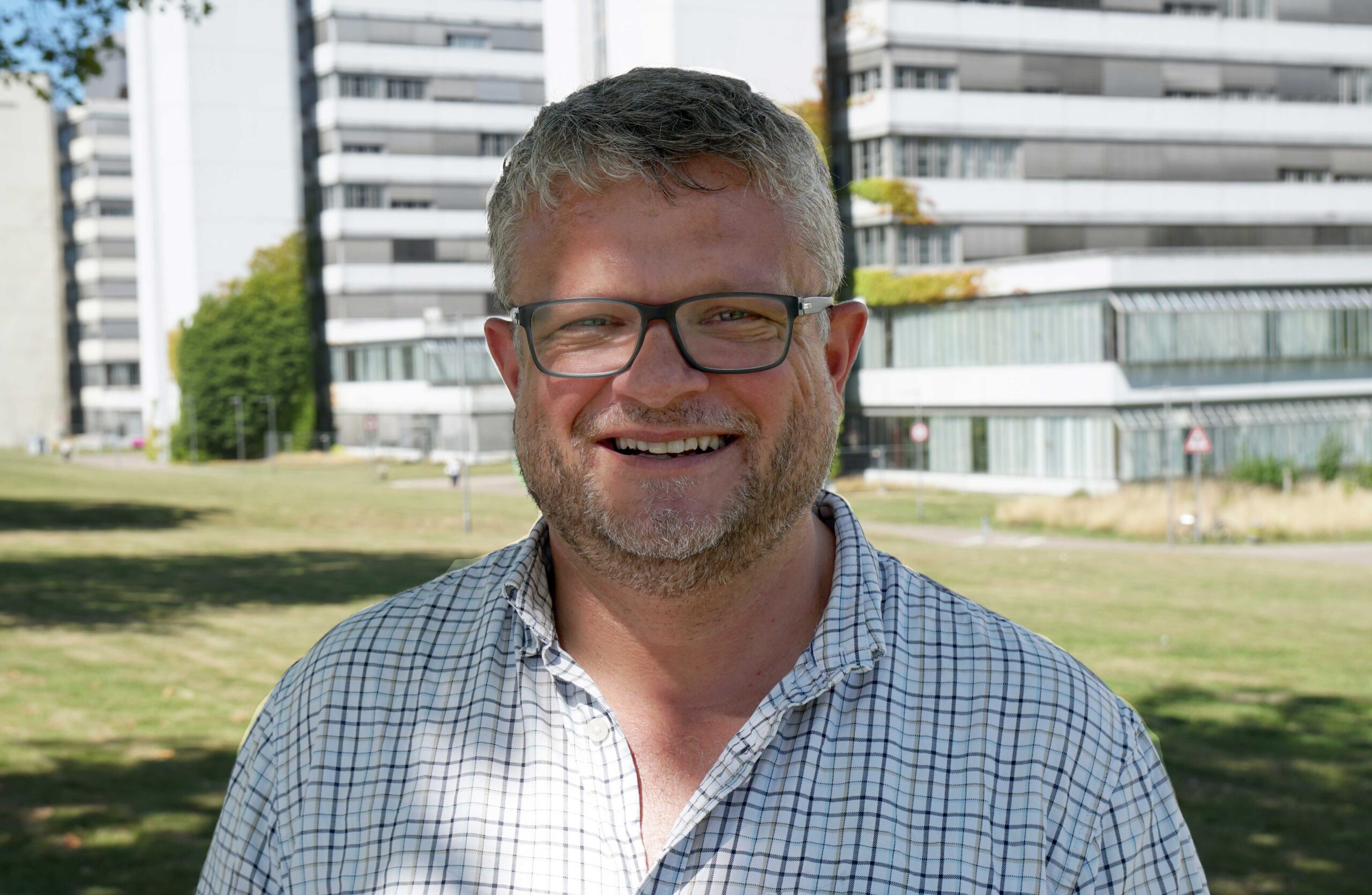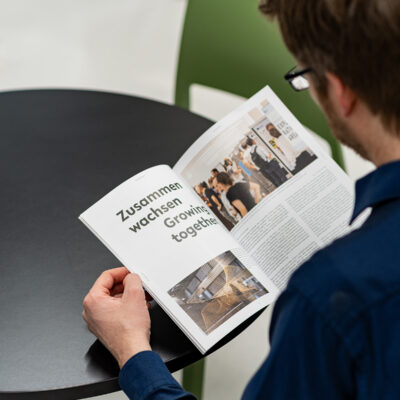Bird species such as the common cuckoos in Europelay their eggs in other birds’ nests and use them as hosts. How these hosts respond to parasitic eggs in their nests is the focal research question of Professor Mark E. Hauber. The biologist from the University of Illinois at Urbana-Champaign (USA) is one of the world’s leading researchers on the behaviours and communication systems between different birds, including the mutual influence of two species on each other (co-evolution). Hauber comes to Bielefeld University as the recipient of the renowned Alexander von Humboldt Research Award, which is endowed with 60,000 euros. Until December, he will be conducting research in the working group of Bielefeld Professor Dr Oliver Krüger.
“During my research stay at Bielefeld University, I will investigate in particular how hormones act to mediate host-parasite interactions in birds. In this context, I aim to understand how hosts can recognise and reject parasitic eggs in their nests, for example,” says Mark E. Hauber. During his time in Bielefeld, he combines his research activities with the work of Bielefeld colleagues. Hauber says: “Bielefeld University and its behavioural biology research group are leaders in the study of avian behavioural ecology and evolution and in understanding the developmental basis of avian behaviour.”
Professor Dr Oliver Krüger is Mark E. Hauber’s host at Bielefeld University. “Hauber’s research on behaviour between birds has shaped the field over the last 20 years. Based on his work, we can increasingly understand how parasites trick their hosts and what counter-adaptations the hosts unfold.” Hauber’s work is particularly interesting with regard to research on individualization: “How variation between individuals such as birds leads to adaptations is a core topic of our research focus in behavioural research,” says the Bielefeld working group leader.
Oliver Krüger is the spokesperson for the Collaborative Research Centre on the Individual Niche (SFB 212) at Bielefeld University and conducts research on the causes, mechanisms and effects of individualization in the joint project “Individualization in Changing Environments” (InChangE). Researchers from Bielefeld University and the University of Münster work together in both collaborative projects.
About the Alexander von Humboldt Research Award
With the Alexander von Humboldt Research Award, the Humboldt Foundation grants up to 100 internationally leading researchers in their own field across all disciplines of investigation. Award winners are invited to conduct a research project of their choice at a research institution in Germany in cooperation with specialist colleagues there. The prize money amounts to a total of 60,000 euros for each award winner.





